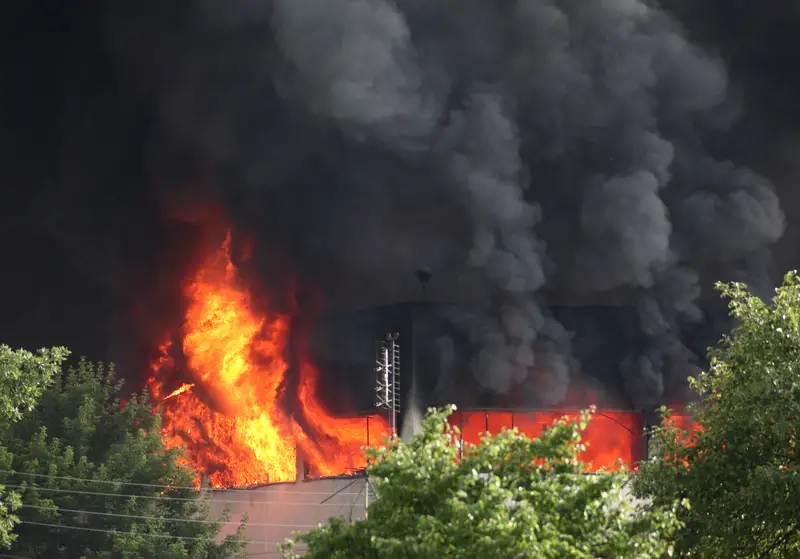At least seven people, including a nine-month-old infant, died and 20 others were injured in an aerial bombing at a Doctors Without Borders/Médecins Sans Frontières (MSF) hospital in Old Fangak, Jonglei State, South Sudan. The attack occurred on Saturday, May 3, 2025, at approximately 4:30 a.m. local time when two helicopter gunships bombarded the hospital’s pharmacy, demolishing it and causing extensive damage to the medical facility.
Efforts to assess the full scale of casualties and damage are ongoing. The hospital serves as the only healthcare provider for around 110,000 residents in the isolated region, including many displaced by flooding.
Mamman Mustapha, MSF Head of Mission in South Sudan, labeled the attack as deliberate and strongly condemned it.
Following the attack on the medical facility, the helicopters continued to fire on Old Fangak for about 30 minutes. Subsequently, a drone attacked the Old Fangak market around 7 a.m. These additional strikes incited widespread panic and displacement among civilians, according to witnesses. One patient and two caregivers, including an MSF staff member, were injured inside the hospital during the bombing.
The United Nations Commission on Human Rights in South Sudan has described the bombing as a “calculated, unlawful attack on a protected medical facility” that may amount to a war crime. The Commission stressed that targeting medical facilities violates the Geneva Conventions and undermines humanitarian action.
This attack is the eighth incident targeting healthcare facilities in South Sudan since January 2025. Health workers have been killed, and facilities have been looted or destroyed. The World Health Organization representative in South Sudan warned that such attacks could lead to the closure of half the health facilities along the Nile.
The bombing occurs amid escalating tensions in South Sudan, raising fears of a return to civil war. The attack on the MSF hospital is part of a government-led offensive against opposition groups nationwide. Since March, government forces, reportedly supported by Ugandan soldiers, have conducted numerous airstrikes in Upper Nile State.
Old Fangak is predominantly populated by the Nuer ethnic group, historically linked to the opposition party loyal to First Vice President Riek Machar. Machar was placed under house arrest in March 2025 for alleged subversion. The South Sudanese government recently labeled Fangak and other counties as “hostile,” which the UN Commission has warned may lead to ethnic profiling and reprisals.
Fangak County Commissioner Biel Boutros Biel accused government forces of the attack, claiming that the government is “using natural resources to kill its own people” due to their perceived loyalty to opposition groups.
A day before the attack, the embassies of Canada, Germany, the Netherlands, Norway, the United Kingdom, and the United States, along with the European Union, issued a joint statement warning of South Sudan’s rapidly worsening security situation. They urged President Salva Kiir to release Vice President Machar from house arrest and called for an end to violence as a political tool.
South Sudan has been officially at peace since a 2018 agreement ended a five-year civil war between forces loyal to President Kiir and those loyal to Machar. However, Machar’s recent arrest has heightened international concerns about potential conflict resurgence in the world’s youngest nation, which gained independence from Sudan in 2011.
The situation in South Sudan remains one of Africa’s most severe humanitarian crises, with 2.3 million refugees and asylum-seekers in neighboring countries and about two million internally displaced due to conflict or natural disasters.
France has also condemned the helicopter and drone attack on the MSF hospital, highlighting that international humanitarian law mandates the protection of civilians, humanitarian workers, and infrastructure.
This marks the second time an MSF hospital has been affected in the past month. On April 14, armed men looted an MSF hospital in Ulang, Upper Nile state, disrupting access to secondary healthcare for thousands in that area.











